Febrile convulsions are seizures which affect young children and are induced by increased body temperature. It is estimated that 3% of children aged 6 months to 6 years may suffer from febrile convulsions. The onset of convulsions is triggered by sudden and rapid increase of body temperature and is most commonly caused by some infection. More about Febrile Seizures
Parents whose child is suffering from occasional febrile seizures are terrified when the attack occurs. The very attack can be alarming and although it does not last more than a few minutes, for parents the attack seems like an eternity. Still, the fact that seizures triggered by the increase in body temperature are harmless and that they do not represent a long-term condition is comforting.
During the attack the child may become stiff or floppy, lose consciousness and be completely unaware of the surroundings. In some cases there may be jerking or twitching movements. The child may have breathing difficulties.
It is essential for parents to stay calm. They are supposed to note the time the seizures start and when they end. They are also due to roll the child onto their side and move all the potentially harmful object from the child's surrounding. If the child is on the floor, his/her head must be protected with something soft. Namely, by placing some soft clothes or cushions under the child's head, the head will not hit the floor directly which can prevent more serious damage.
Prevention of Febrile Seizures
As it has been mentioned febrile seizures never occur if the child does not develop increased body temperature. Therefore, parents must be very careful during any infection which may cause fever.
Once the body temperature starts to rise parents are due to give the child acetaminophen or ibuprofen. These drugs can successfully reduce increased body temperature and prevent febrile seizures. However, it is essential to react timely and administer these medications the very moment the temperature starts to rise. It may not be possible to reduce the temperature only with medications. In such cases parents are due to try some maneuvers in order to prevent rapid development of fever such as frequent lukewarm baths or showers.
Children who have already experienced febrile seizures may need some prescribed medications which are administered in order to prevent the onset of seizures. Such drugs include anticonvulsants (phenobarbital, valproic acid and Divalproex sodium) or benzodiazepines such as diazepam. Still, most of these drugs are not prescribed in all cases and they are administered with high precaution because of many potential side effects.
Finally, children who are about to develop high body temperature must drink plenty of fluids and never be overdressed.



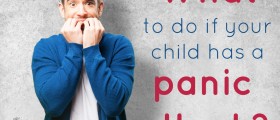


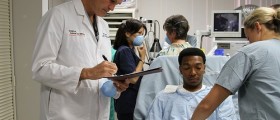


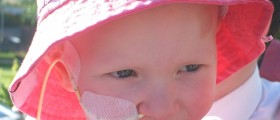

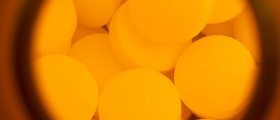
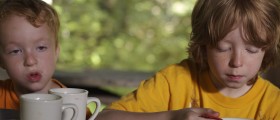
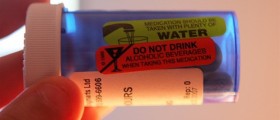



Your thoughts on this
Loading...